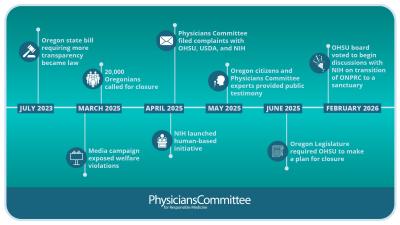Avoid the Pitfalls of Publishing in Controversial Journals

Prospective authors seek publication in reputable journals.
Choosing where to publish scientific research is a crucial decision that can impact career opportunities. While many journals offer excellent platforms to share research, others may reflect poorly on the research and researchers who choose to publish in them. Journals with lax publication standards may have falling impact factors or be delisted by mainstream database indexes.
Why Nutrients Has Raised Concerns
1. Controversial Editorial Practices: The journal Nutrients has been criticized for its editorial practices. In 2018, 10 senior editors resigned, reportedly because the publisher, MDPI, pressured them to accept manuscripts of mediocre quality and importance. As pay-to-publish journals become increasingly prevalent, the financial motives of publishers are ever more questionable. Publishing substandard research can undermine the credibility of the research published and, by extension, the reputation of the authors involved.
2. Ethical Concerns: The Physicians Committee and others have raised concerns about the ethical standards upheld by Nutrients. This includes questions about the selection of articles and the journal's response to issues of scientific misconduct. Although Nutrients holds itself out as a human nutrition journal, nearly 20% of its articles involve animal experiments. Most of these articles violate Nutrients’ own policy not to publish animal experiments where alternatives exist, as these studies could have been conducted with humans or human-relevant alternatives. Human-focused studies provide clinically meaningful data on human health conditions and spare tens of thousands of animal lives.
3. Criticism From the Scientific Community: According to thousands of physicians, scientists, and health care professionals, Nutrients has published unethical research of questionable scientific value. The Physicians Committee has brought these concerns to the journal, MDPI, the National Library of Medicine’s MEDLINE, the Committee on Publication Ethics, and the Literature Selection Technical Review Committee (the federal advisory committee that oversees MEDLINE). Other MDPI journals, including, the International Journal of Environmental Research and Public Health, have been completely delisted from key indexing databases such as Web of Science for failing to meet quality selection criteria, including effective peer review and adherence to ethical publishing practices. Could Nutrients be next?
Career Impact
Researchers seeking publication should aim to publish in journals that uphold the highest standards of academic and ethical integrity. Always research the journal’s status, editorial board, and peer-review process. Look for reviews or critiques of the journal’s practices.
1. Academic Reputation: Research shows that the quality and reputation of the journals where scientists publish their work can influence career trajectory, including job prospects, promotions, and grant opportunities.
2. Grant Funding: Funding bodies and grant reviewers often consider the reputation of the journals where funding applicants publish. A record of publications in controversial or less respected journals may impact the ability to secure funding, as it may raise concerns about the validity and reliability of research.
3. Collaborations and Networking: Publication records can affect one's ability to form valuable professional collaborations. Researchers and institutions may be hesitant to engage with individuals associated with controversial journals, limiting opportunities for collaboration and professional growth.
Do you consider the risks of publishing in controversial journals when submitting a manuscript? We’d like to know what you think. This brief survey aims to gauge support for certain policy recommendations and gather insights from scientists on how a journal’s reputation impacts their decision to publish in the journal.
Further Reading
- Doctors, Scientists Boycott Journal for Publishing 'Sadistic' Animal Research
- Persistent Issues With the Journal Nutrients and Its Publisher MDPI
- Commentary criticizing Nutrients and MDPI in Retraction Watch
- Money over science? Researchers question Nutrients journal integrity over ethical guidelines
- Open-access journal editors resign after alleged pressure to publish mediocre papers
- Web of Science commitment to research integrity
- Federal complaint against Wake Forest University for studies published in Nutrients
- Federal complaints against University of Arkansas for Medical Sciences for studies published in Nutrients
- Federal complaint against USDA Beltsville for study published in Nutrients
- More on human-based clinical nutrition research







